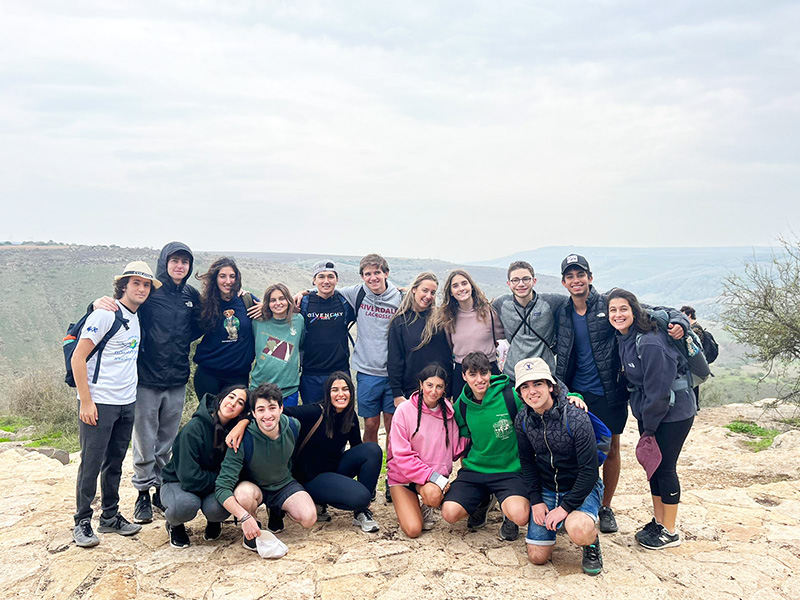
Shalom Parents and Students!
This week, our second overnight took place in the beautiful north, where more than 200 students traveled to Beit She’an Valley and Gilboa Mountain. We hiked and got to know each other a little better. Curious enough? We got you; scroll down to see what we have been up to
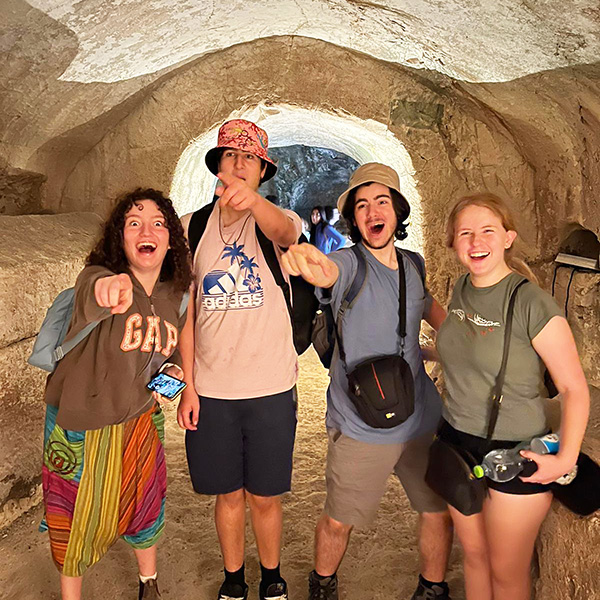
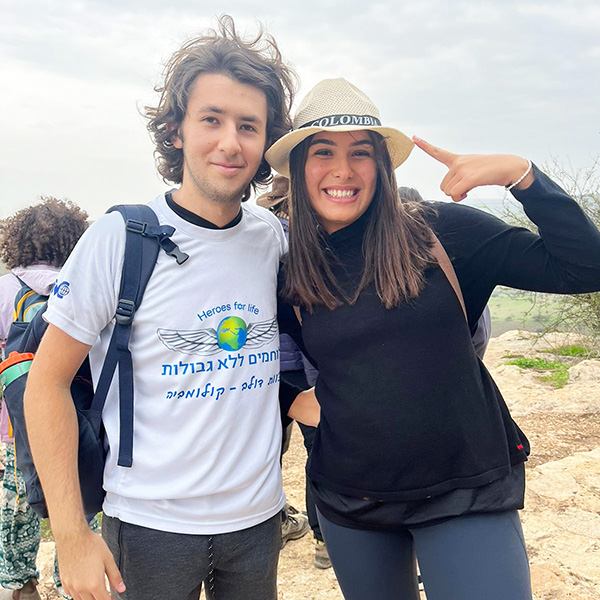
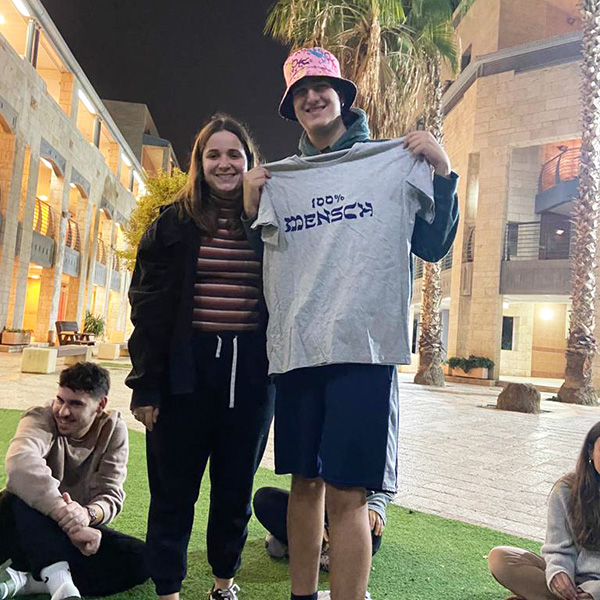
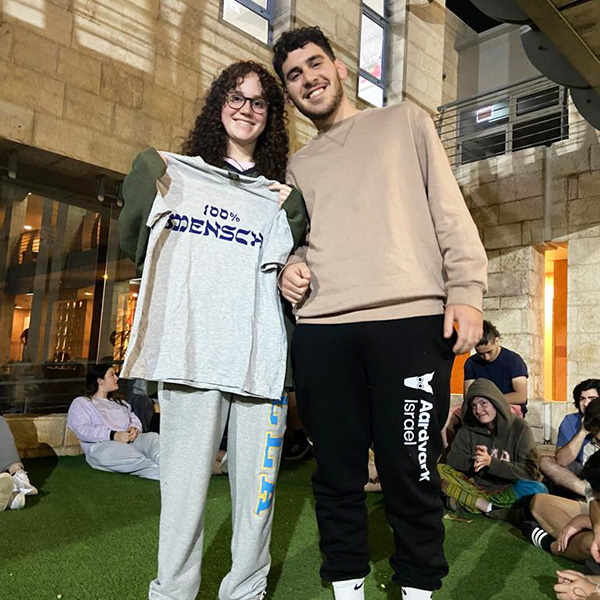
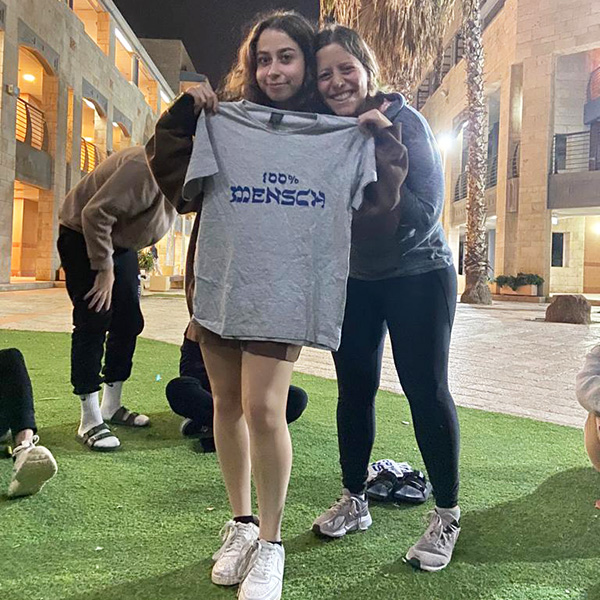
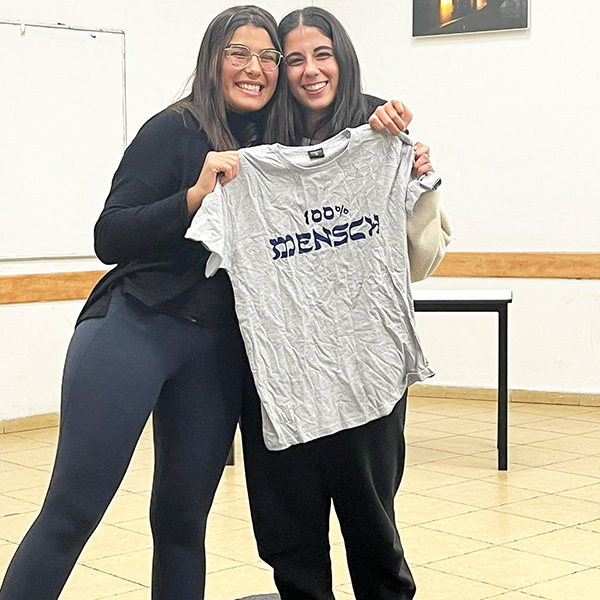
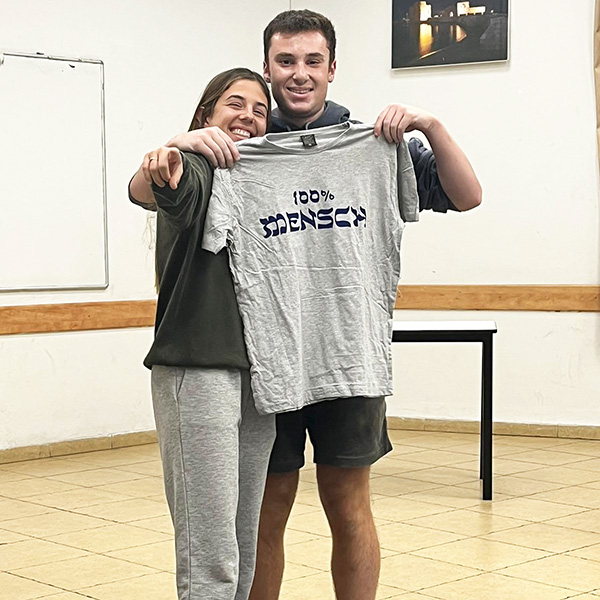
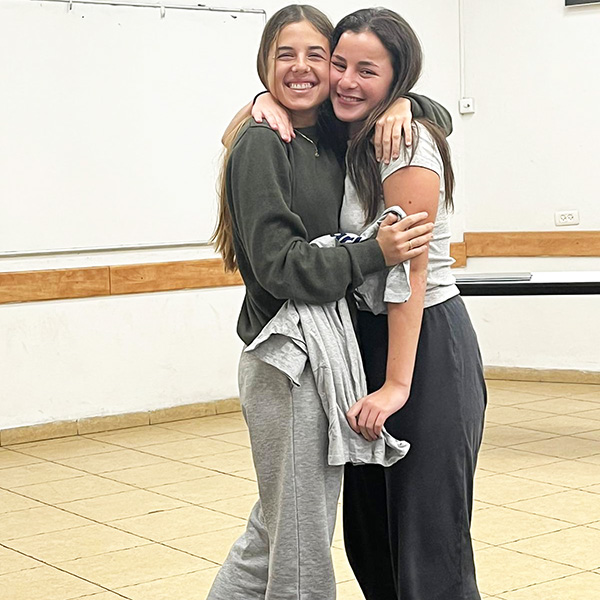
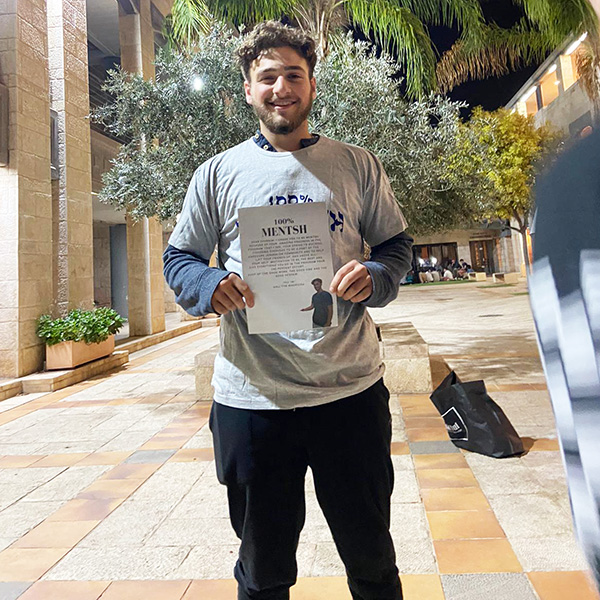
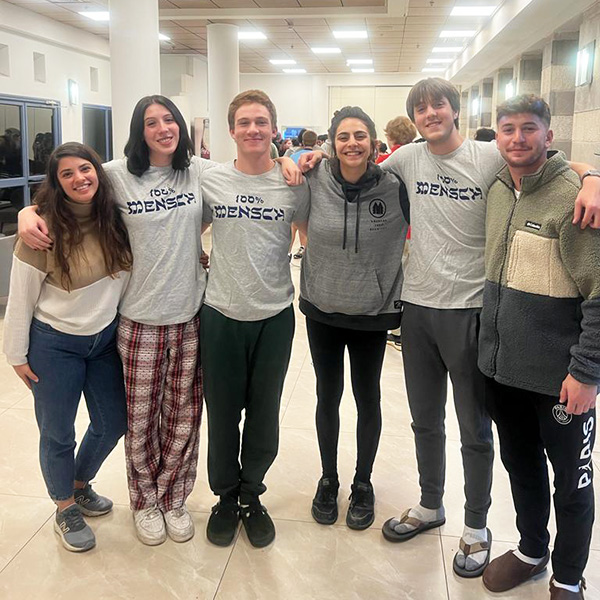
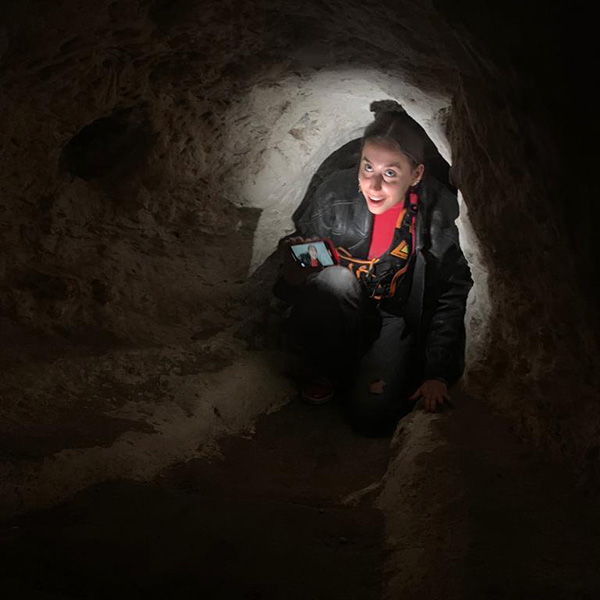
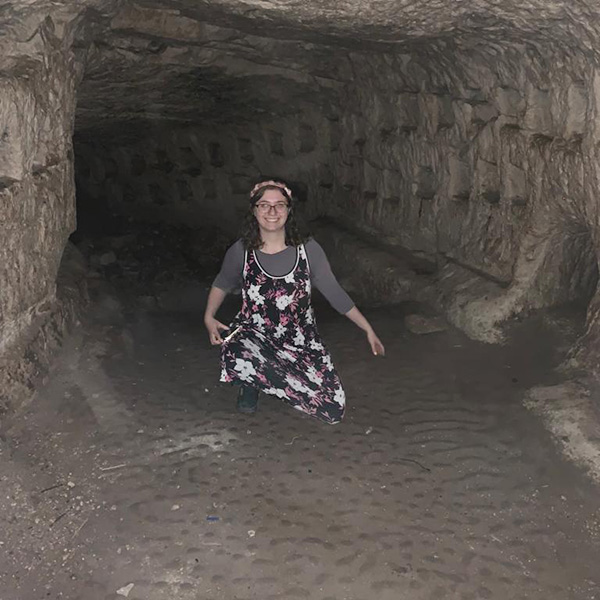
This week’s Parashat Ha’shavua is Parshat Vayeitzei, brought to you by our Jewish Life Coordinator, Rabbi Liad:
“In this week’s Torah portion, Yaakov flees from his brother Esav who intends to kill Yaakov for taking his firstborn blessings. Yaakov arrives in the land of Charan and immediately falls head over heels in love with Rachel. He makes an agreement with her father to take her as a wife. Unfortunately, when darkness comes, and after a few Lchaims, Yaakov is not able to recognize that Rachel has switched places with her sister Leah. Yaakov has been tricked into marrying the wrong sister!
Some Jewish sages cite this event to explain the Bedeken, or veiling ceremony, at Jewish weddings. However, that seems rather bizarre. Wouldn’t it make more sense for us to have the custom to unveil the bride in order to prevent the error from ever occurring again as opposed to this custom of veiling her?
Perhaps there is something deeper that the Jewish tradition wishes to tell us. Rachel is described as a beautiful woman in the Torah. In contrast, Leah is described as having weary eyes from crying so much. When the groom looks at the bride, he sees his Rachel. It is her special day and she looks perfect; as beautiful as ever. However, he then veils her and in so doing makes a powerful statement. The groom is vowing to not only commit himself to the pleasing aspects of his soon-to-be wife; what we call the Rachel side of her. The groom is vowing in addition to love all the broken aspects that he has yet to discover but lie beneath the surface of his bride; the Leah aspects of her.
The same is true for all people. We tend to see the highlight reel of others’ lives on social media with beautiful, filtered images. We must remember that this is just one side of the person. Underneath we all have our Leah side too with traumas and insecurities that we are working on. The Talmud says every person is an entire world. When we encounter another person, we must recognize that this encounter is not without reason. It is the work of Divine providence. By sharing a smile and a kind word with them, we are involved in Tikkun Olam; fixing the world.”
Have a great weekend,
Meron




















